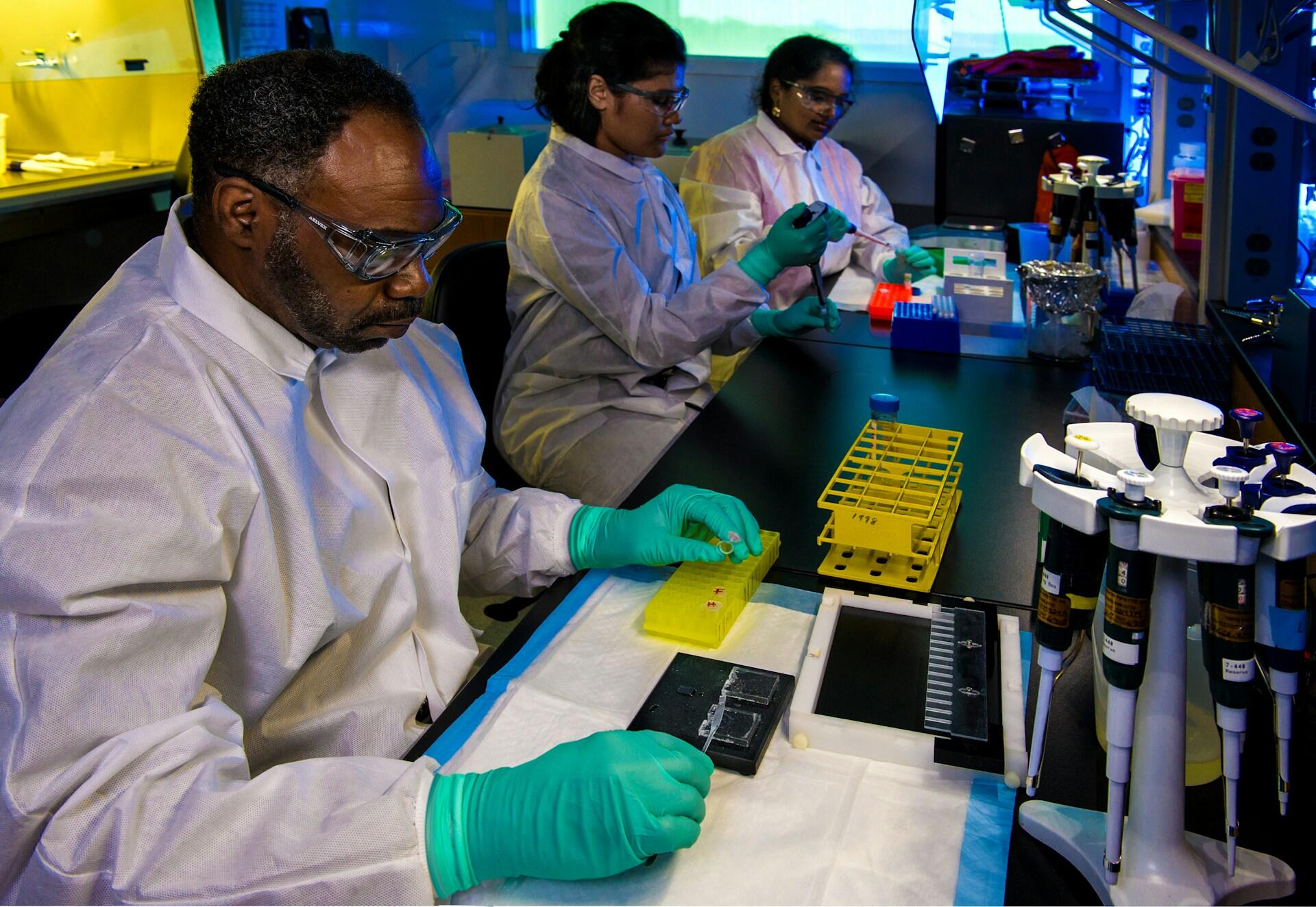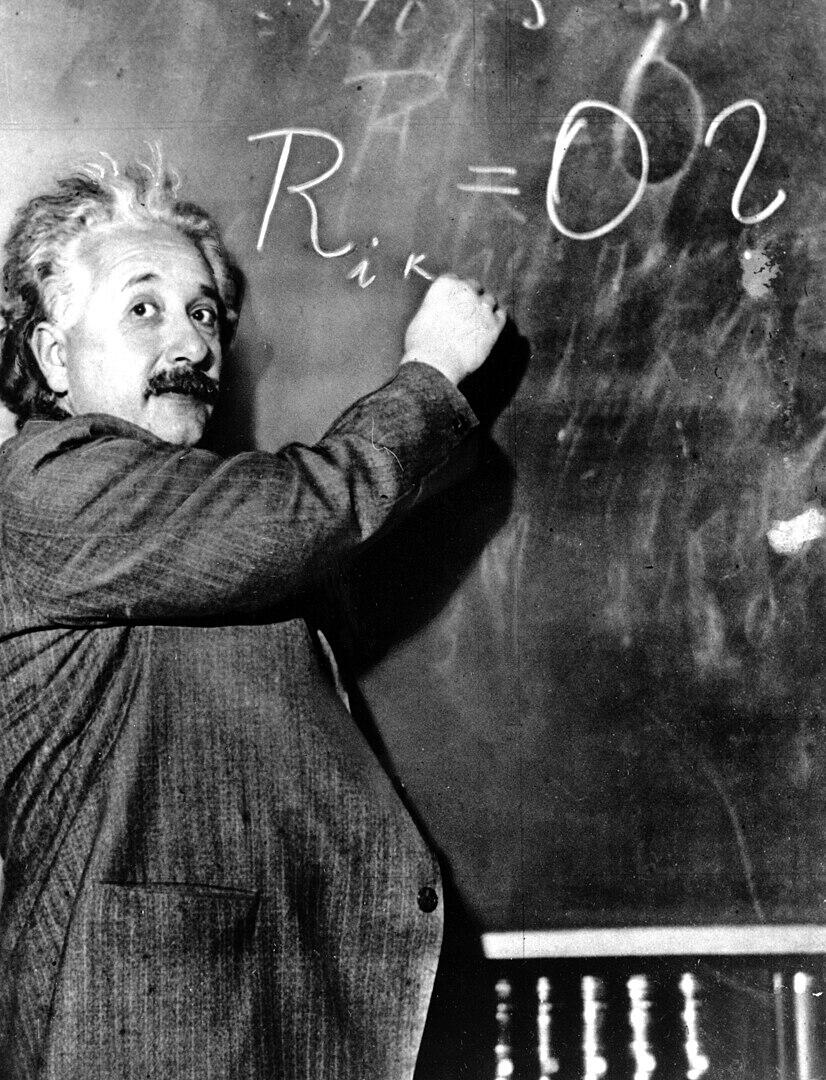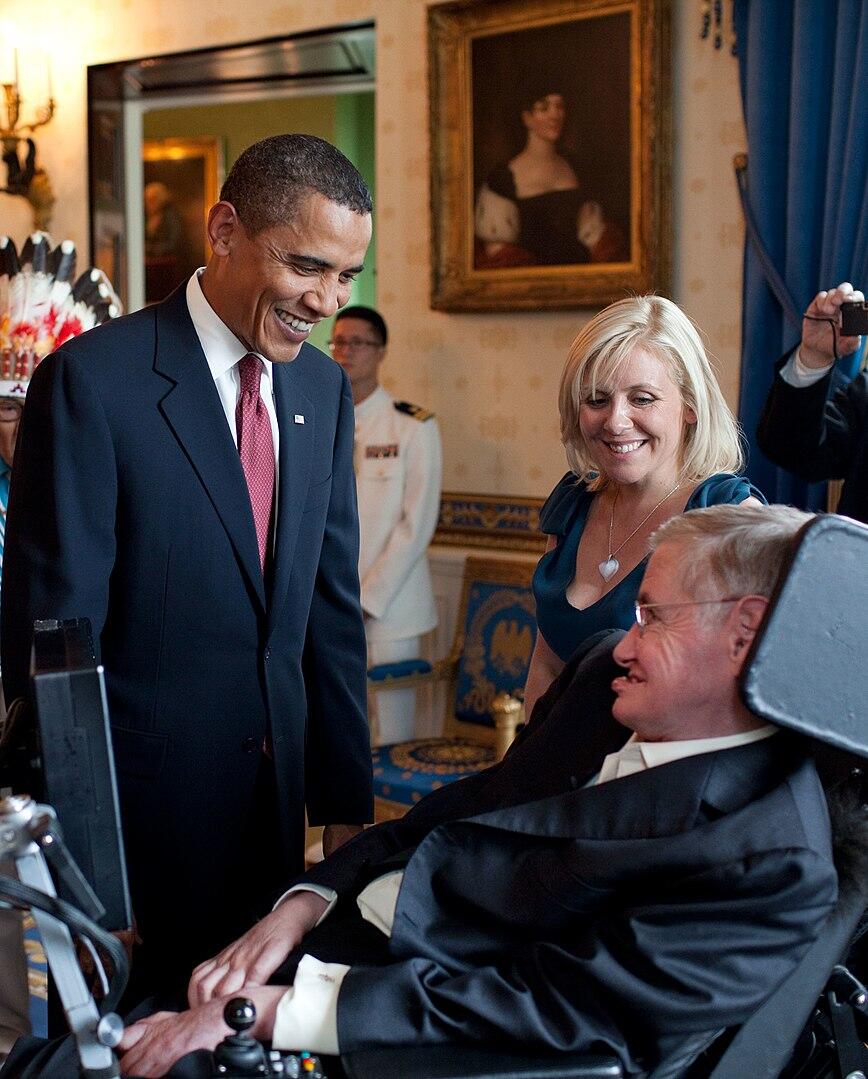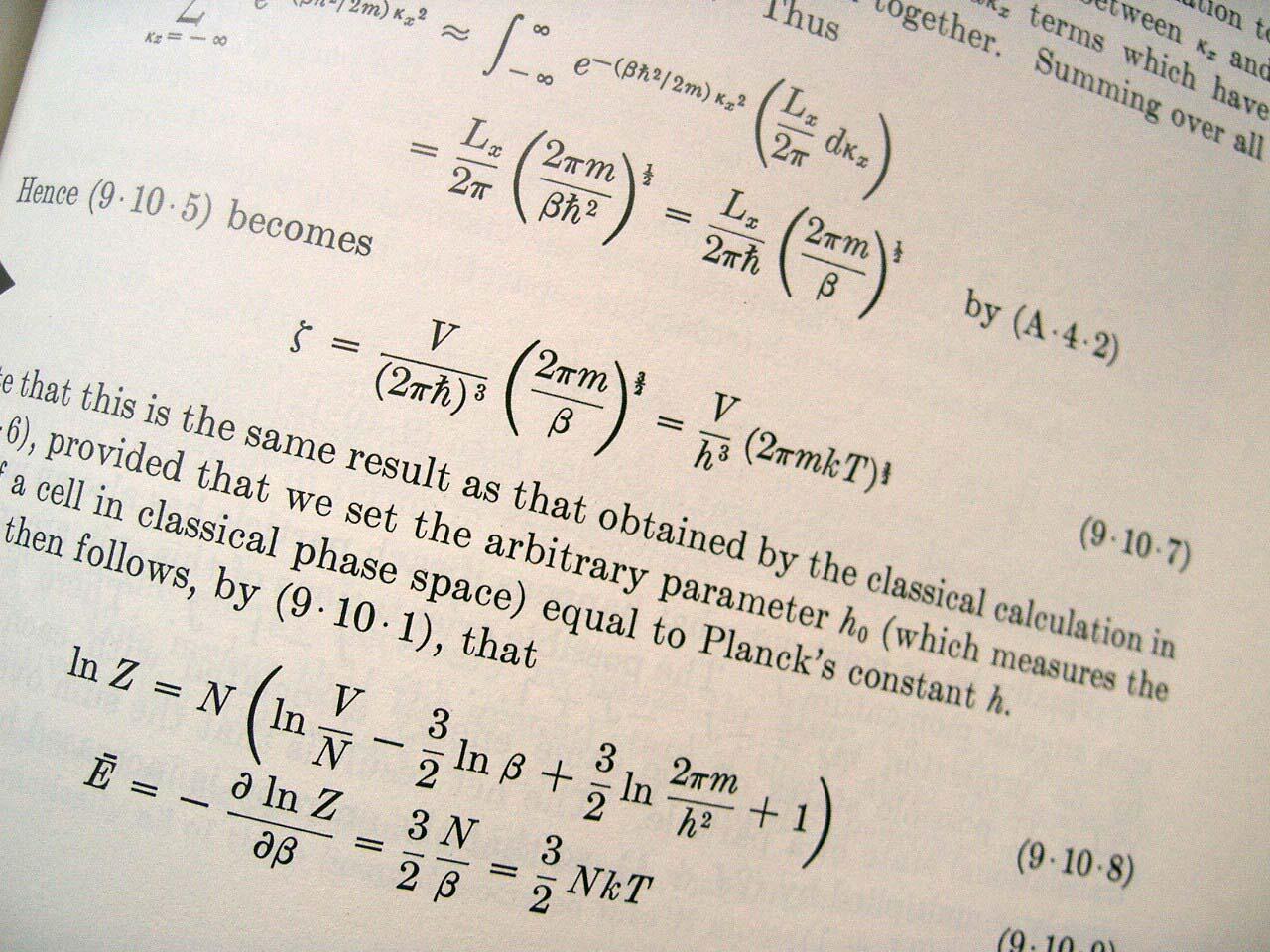When people hear the term physicist they often picture someone scribbling complex equations on a chalkboard or working in a high-tech lab. So, what does a physicist do?
From developing groundbreaking theories to applying physics in medicine, the field is vast and filled with variety. If somebody at a party says they are a physicist, it is likely to raise eyebrows but people don’t necessarily get an idea of what they mean. A day in the life could include experiments or writing research papers, it could also involve data models and analytics as well as complex mathematics.

What Is a Physicist?
A physicist is a scientist who studies the fundamental principles of nature, seeking to understand how the universe behaves at every level—from subatomic particles to galaxies. They use mathematics, experimentation, and theoretical models to explore phenomena like energy, matter, and the laws of motion. But what do physicists do on a daily basis? Their tasks vary widely depending on their specialization as well as the specific goals they are set.
Where Do Physicists Work?
Physicists can be found working in an impressive array of environments and physics jobs. Some are based in universities, splitting their time between research and teaching. Others work in government labs or private industry, tackling real-world problems through applied physics. Hospitals employ medical physicists to develop imaging technologies or radiation treatments. Additionally, space agencies, energy companies, and even financial firms hire physicists for their analytical and problem-solving skills…there are loads of different options.
| Type of Physicist | Job Description |
|---|---|
| Theoretical Physicist | Develops mathematical models and theories to explain natural phenomena. Works on equations and simulations. |
| Experimental Physicist | Conducts experiments to test theories, collects data, and analyzes results in lab settings. |
| Medical Physicist | Applies physics in healthcare, calibrating imaging equipment, designing radiation treatments, and consulting with doctors. |
| Astrophysicist | Studies the origins and structure of the universe, analyzing telescope data and simulating cosmic events. |
| Applied Physicist | Solves practical problems in industries like technology or energy, often collaborating with engineers. |
| Condensed Matter Physicist | Investigates the properties of solid and liquid matter, often leading to innovations in electronics or materials science. |
A General Day in the Life of a Physicist
While the specifics depend on the role it is fair to say most physicists’ days involve a mix of research and analysis. This is usually combined with specific applied uses of physics to achieve the goals they are working toward.
Their work often includes conducting experiments and reviewing data and can include physical experiments or work on computers. For instance, theoretical physicists may develop mathematical models or write algorithms, while experimental physicists focus on setting up experiments, calibrating equipment, and documenting results.
Collaboration is another key part of the job. Physicists frequently work closely with colleagues. In academic environments, teaching responsibilities like delivering lectures and teaching and mentoring others.

Data analysis plays a significant role in many physicists’ work. They interpret experimental or simulation results to evaluate their hypotheses. Writing tasks, such as drafting research papers, preparing grant proposals, or creating presentations for conferences, are also common activities.
Staying updated on the latest scientific advancements is crucial. Physicists dedicate time to reading journals, attending seminars, and connecting with peers. This ongoing learning process ensures they remain informed and inspired by the broader scientific community.

Examples of Specializations in Physics
The field of physics includes many different careers and sub-disciplines, each with unique responsibilities and daily routines. This is one area of study that is useful in so many different industries. Let’s look at a few types of physicists and what their days might involve:
Theoretical Physicists
So, "what does a theoretical physicist do"? These scientists focus on developing mathematical models and theories to explain natural phenomena. They rarely work in labs; instead, their days are filled with equations, simulations, and conceptual thinking. A theoretical physicist might spend hours trying to refine a formula or predict the behavior of particles in extreme conditions.
Medical Physicists
"What does a medical physicist do" is a common question, and the answer reveals a fascinating blend of physics and healthcare. Medical physicists work in hospitals and clinics, ensuring the safe and effective use of radiation in treatments like cancer therapy. Their day might involve calibrating imaging machines, designing treatment plans, or consulting with doctors about patient care. Medical careers involve saving lives and this can be one of the most fulfilling elements of being a physicist.
Astrophysicists
Some people were born staring at the skies. If you are the sort of person who has had a long interest in space and the way the universe works then this could be a career for you.

Astrophysicists study the universe’s origins and structure. A typical day might include analyzing telescope data or running computer simulations of star formations or writing papers about cosmic phenomena. Some astrophysicists work for space agencies that may involve contributing to missions that explore distant planets or galaxies. In the modern age, we also see far more companies employing people in the field of physics to help them with private space travel goals.
Applied Physicists
Applied physicists use their expertise to solve practical problems. They might work in renewable energy, developing more efficient solar panels, or in technology, designing faster computer chips. Their work often involves close collaboration with engineers and other scientists.
How Much Do Physicists Make?
The salary of a physicist varies based on factors like experience, location, and specialization. In the United States, salaries often range from $70,000 for early-career physicists to over $150,000 for experienced professionals in high-demand fields. The sky's the limit for those founding companies and creating important work and innovations in the field of physics.
The average salary of a physicist, according to Glassdoor is over $150,000 per year.
Medical physicists and those working in private industry often earn more than their counterparts in academia and this may reflect the applied nature of their work and its direct impact on industries or healthcare.
Money is only one of the considerations, of course. People who are interested in becoming physicists will likely do best if they have a passion for the role and the industries where they can work.
Famous Physicists
One of the best ways to explore how varied this field can be is to look into those who have had an incredible impact on physics throughout history. Many of the best physicists and most important academic figures in the world have been physicists (it also shows how varied physicist roles can be).
Among the most famous physicists is Isaac Newton, whose work in the 17th century laid the foundation for classical mechanics. His three laws of motion and universal gravitation were revolutionary, explaining phenomena ranging from falling apples to planetary orbits. Newton’s contributions to optics and calculus further cemented his legacy as one of the greatest minds in science.

Another towering figure is Albert Einstein, who in the early 20th century redefined physics with his theories of relativity. His equation E=MC2 revealed the relationship between energy and mass, while his work on general relativity described how gravity arises from the curvature of spacetime. Einstein’s ideas have influenced everything from cosmology to nuclear energy.
Marie Curie, a trailblazing physicist and chemist, made pivotal discoveries in radioactivity. As the first woman to win a Nobel Prize and the only person to win in two scientific fields, Curie’s research on radium and polonium advanced medicine and nuclear science.
Modern physics owes much to the incredible Richard Feynman, renowned for his work in quantum electrodynamics. Feynman’s innovative techniques and accessible explanations popularized complex scientific concepts have left a lasting impact on theoretical physics.
Other pioneers include Niels Bohr, whose atomic model introduced quantum mechanics, and Stephen Hawking, celebrated for his work on black holes and cosmology. These visionaries, among others, have shaped the fascinating and ever-evolving field of physics.

All of these physicists have incredibly varied careers, but they have all played a part in shaping modern life and society. Our understanding of the world around us owes a lot to some of the iconic physicists throughout history.
The Rewards and Challenges of Being a Physicist
A career in physics offers the chance to explore fundamental questions and make discoveries that shape our understanding of the universe. However, it’s not without challenges. Theoretical work can be isolating and involves long hours of solitary focus. Experimental work can be frustrating when results don’t align with expectations and some people may find they devote years or even decades to trying to make a breakthrough in the field. Still, the rewards such as intellectual fulfillment and practical contributions, make it a deeply satisfying field for those with curiosity and determination as well as a scientific brain.
The life of a physicist is as varied as the universe they study. Physicists play a crucial role in advancing knowledge and solving real-world problems. For those with a passion for discovery, it’s a career that promises excitement and purpose every day.
Learn More About Physics with Superprof
Superprof can provide people with access to a wide range of science and physics tutors including many who have achieved impressive levels of education. Whether you are a school student needing some help or you are looking for assistance with achieving a degree in physics, our tutors can help. If you're based in Atlanta, consider physics tutors near me for personalized support.
Students can learn about physics at a time to suit them and have a choice of in-person or online lessons. Ready to learn more about physics? Reach out to a tutor in your area today. For those in Boston, exploring physics tutors near me might be a great start.
Summarize with AI:















